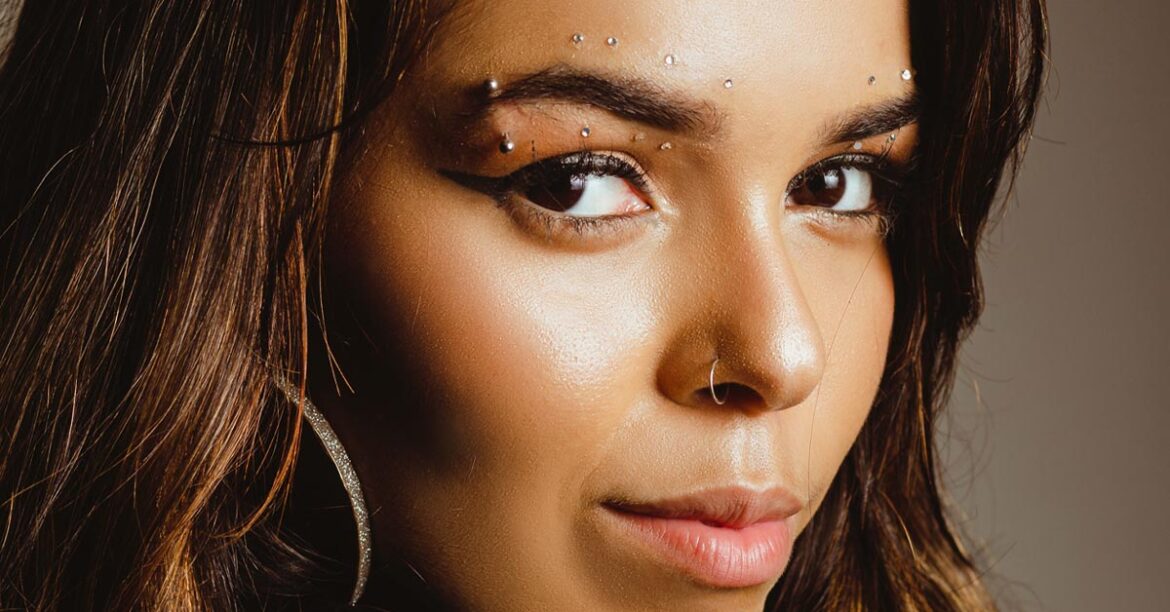Piercing has become a popular form of body art in recent years.
However, there are still many people who have questions about the process and the risks involved.
In this article, we will answer some of the most frequently asked piercing questions.
We will also provide some tips for taking care of your new piercing.
The History of piercing
Piercing is an ancient form of body modification that has been practiced by cultures all over the world for thousands of years.
The first pierced ears were found on a 5,000-year-old mummy from Egypt, and archaeologists have also discovered piercings in the nipples and navels of ancient Peruvian and Indian mummies.
The history of piercing as we know it today began in the late 1960s and early 1970s, when hippies and punk rockers began to pierce their noses, eyebrows, lips, and other parts of their bodies as a way to express themselves creatively.
In the 1980s, body piercing became even more popular with the advent of MTV, and by the 1990s it had become mainstream.
Today, body piercing is considered a form of self-expression and is enjoyed by people of all ages and backgrounds.
How painful is a piercing ?
A piercing is a type of body modification where a needle is used to pierce the skin and insert an object such as a ring, bar or stud. Piercings can be painful, but the level of pain varies from person to person.
Some people find the experience relatively painless, while others find it quite painful.
The pain usually lasts for a few seconds, but can sometimes last for up to 20 minutes.
Which piercing hurts the most ?
The most popular piercings are the ones done in the ear.
But what about the other parts of the body?
Which piercing hurts the most? It’s hard to say for sure because everyone’s pain tolerance is different.
But some piercings are more painful than others.
Lip piercings are often cited as one of the most painful, and many people report that nipple piercings are also quite sore. Septum piercings and Prince Albert piercings are also thought to be quite painful, while navel piercings are seen as being less so.
How long will my piercing take to heal ?
There is no one definitive answer to this question.
Some piercings will heal more quickly than others, and the time it takes for a piercing to heal also depends on the care you give it.
Generally, most piercings will take between six and eight weeks to heal completely.
However, there are some things you can do to help ensure your piercing heals as quickly as possible.
How to take care of my piercing ?
First and foremost, make sure you keep your piercing clean.
This means washing it with warm water and soap at least twice a day.
You should also gently dry it with a clean cloth. Avoid touching your piercing unnecessarily, as this can increase the risk of infection.
If you notice any signs of infection – such as redness, swelling or discharge – see a doctor immediately.
Another important factor in helping a piercing heal quickly is wearing the right type of jewelry.
What is the most popular piercing?
There are many types of piercings to choose from.
So, what is the most popular piercing? The answer may surprise you.
The most popular piercing is the earlobe piercing.
This is probably because it is the simplest and least painful type of piercing to get.
It can be done with a needle or a gun, and it heals relatively quickly.
Another popular type of piercing is the navel piercing.
This involves perforating the navel skin with a needle and then inserting a piece of jewelry into the hole.
Navel piercings can take up to six months to heal completely.
Are piercings safe?
Are piercings safe? That’s a question that many people ask before deciding to get a piercing.
There are a few things to consider when it comes to the safety of piercings.
The first is the type of piercing you are getting.
Some piercings are more risky than others.
The second thing to consider is the hygiene of the person doing the piercing.
You want to make sure that they use clean equipment and take proper precautions to avoid infection.
There are many myths about piercings and whether or not they are safe.
The truth is, if you take care of your piercing and follow the aftercare instructions, piercings can be quite safe.
It is important to make sure that you select a reputable piercing studio and that the piercer is licensed and experienced.
The piercing studio should also be clean and sterile.
It is important to keep your piercing clean and dry to avoid infection.
You will need to clean it with a saline solution several times a day.
You should also avoid touching or picking at your piercing.
If you experience any redness, swelling, pain or discharge, you should see a doctor right away.
What piercing is for anxiety?
Anxiety is a feeling of unease, such as worry or fear, that can be mild or severe.
For some people, anxiety can be so severe that it interferes with daily activities.
While there are many treatments for anxiety, including medication and therapy, some people find that piercings help to relieve their symptoms.
There are many different types of piercings that can be used for anxiety relief.
Some people find that ear piercings help to calm them down, while others find that piercings in other parts of the body work better for them.
There is no one piercing that is right for everyone, so it is important to experiment until you find the piercing or piercings that work best for you.
Piercing can provide a sense of relief from anxiety by giving the person something to focus on other than their fears or worries.

